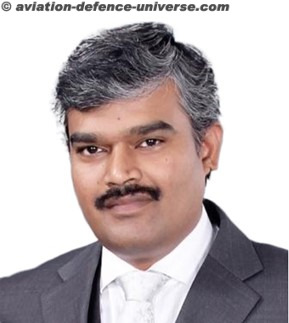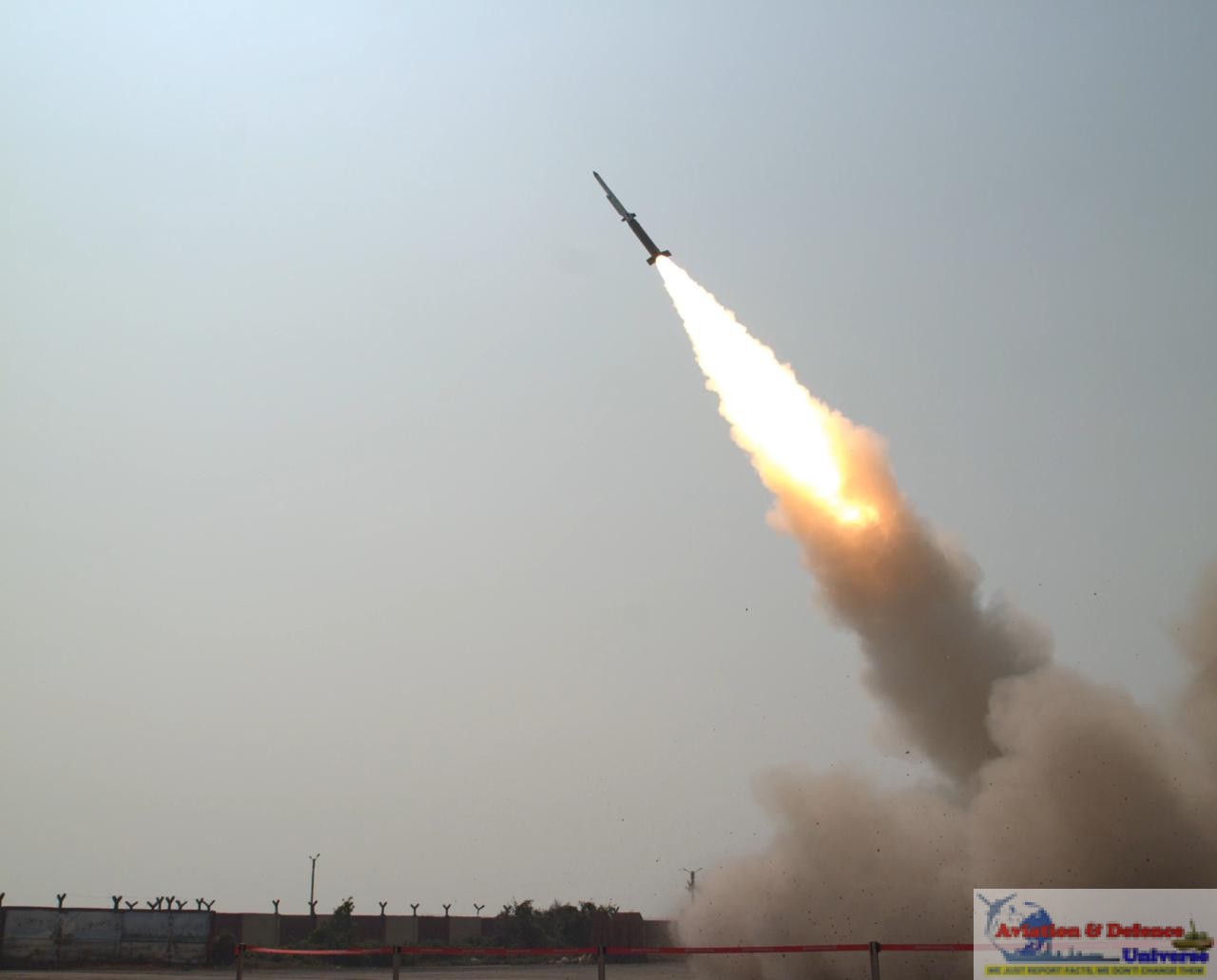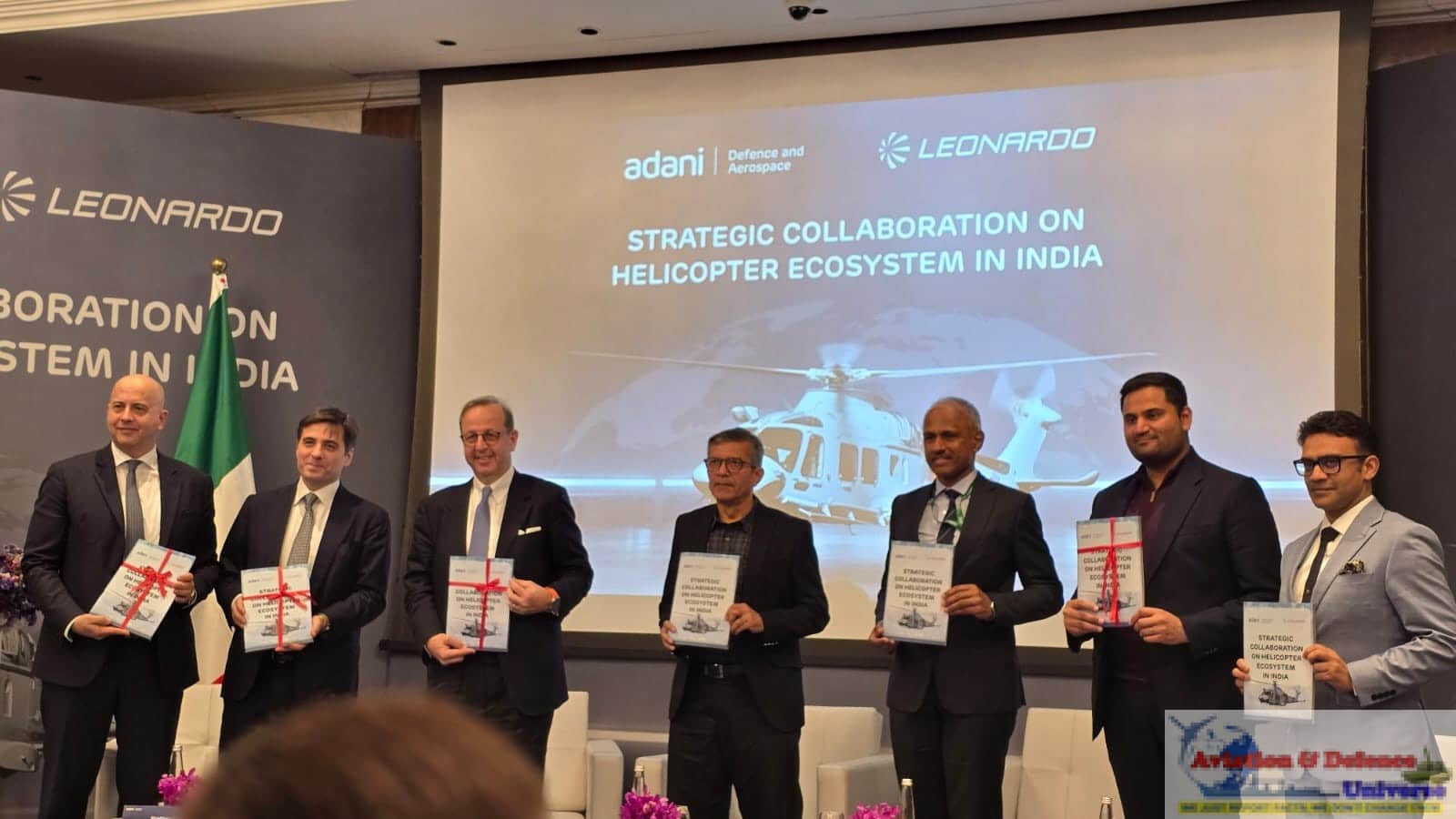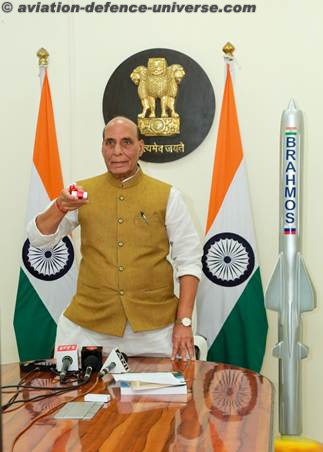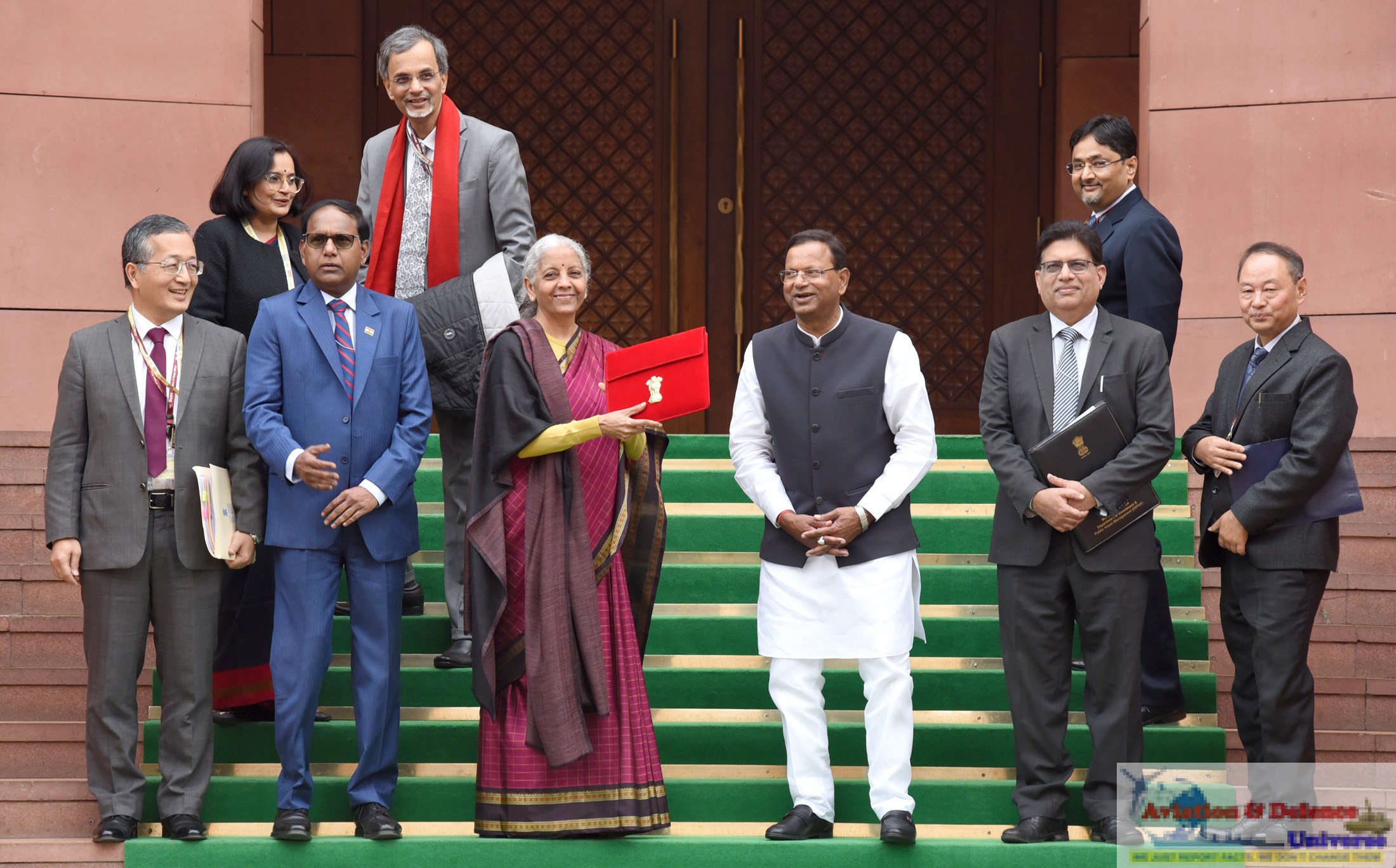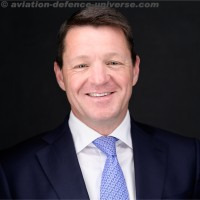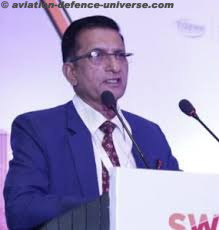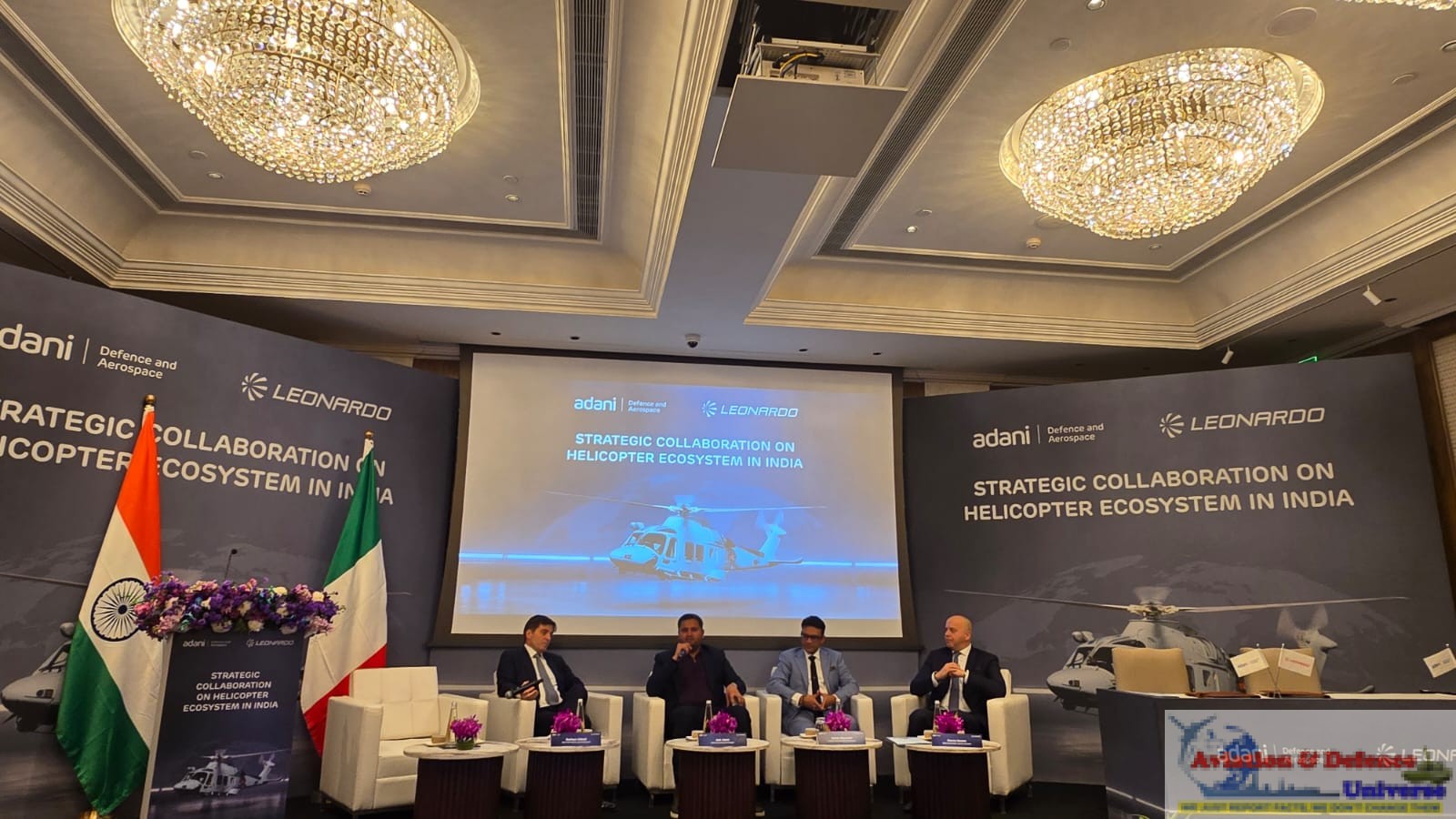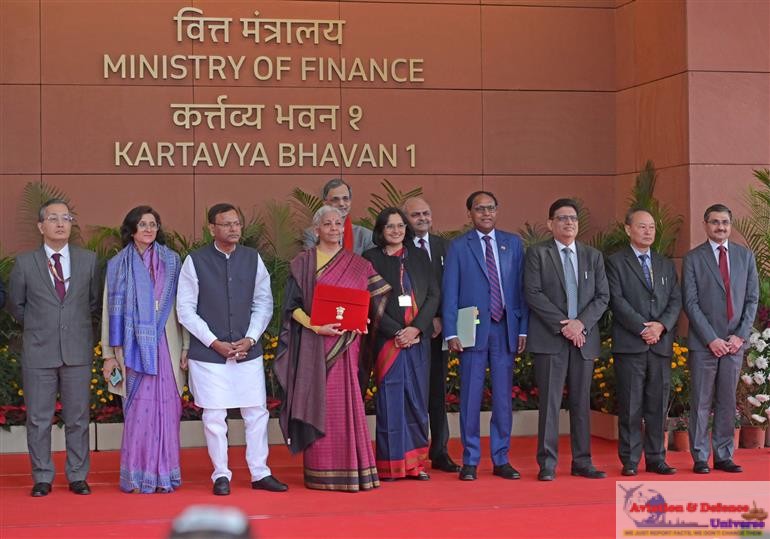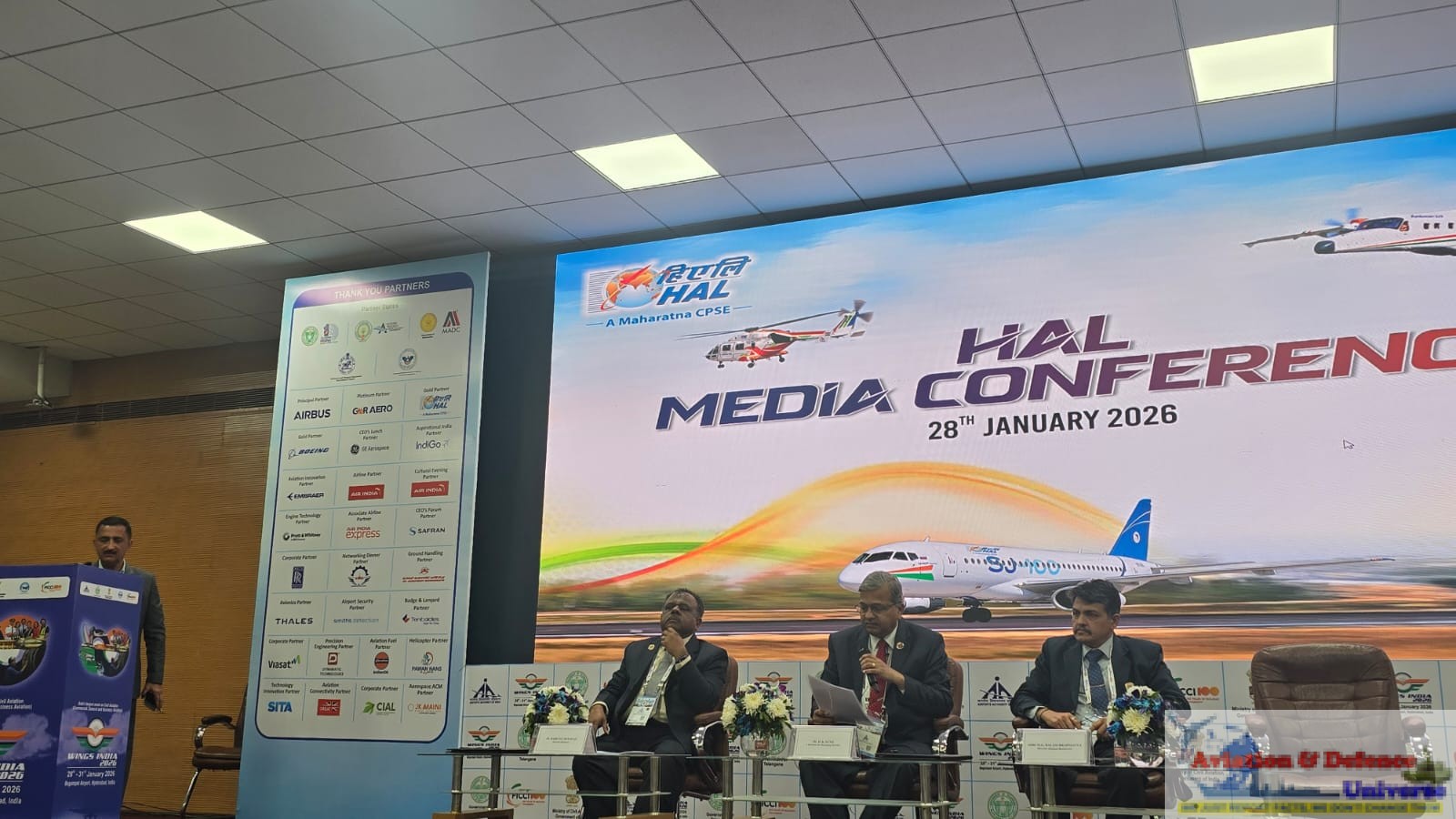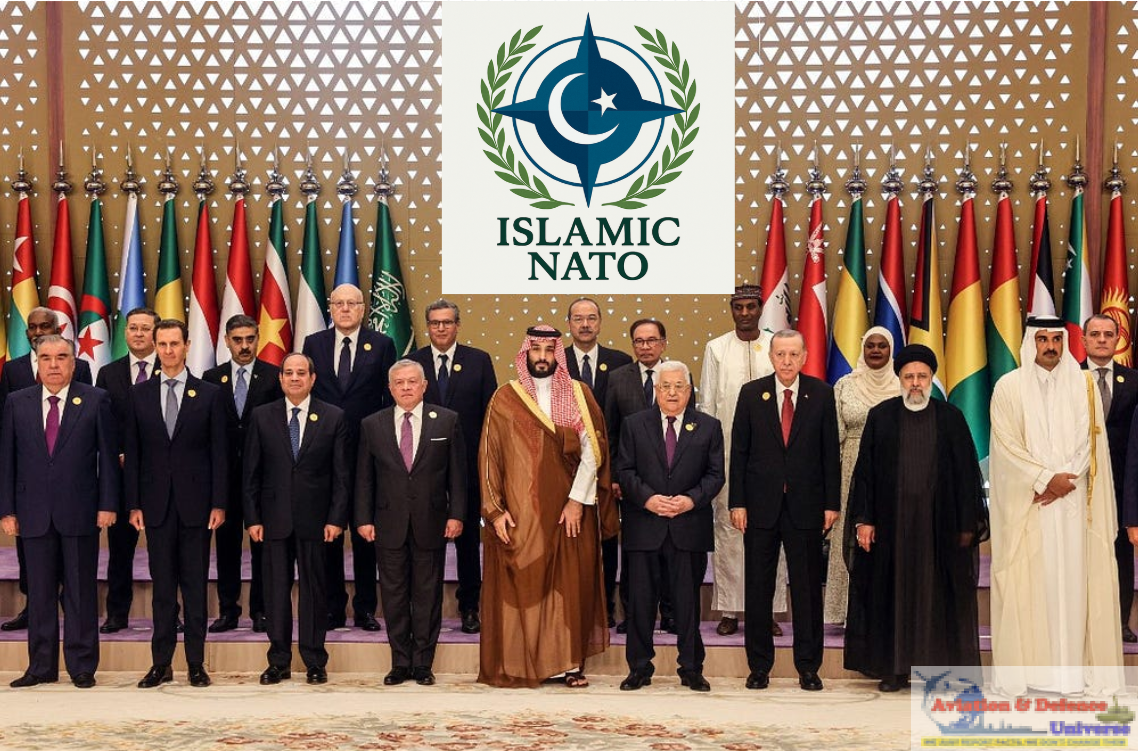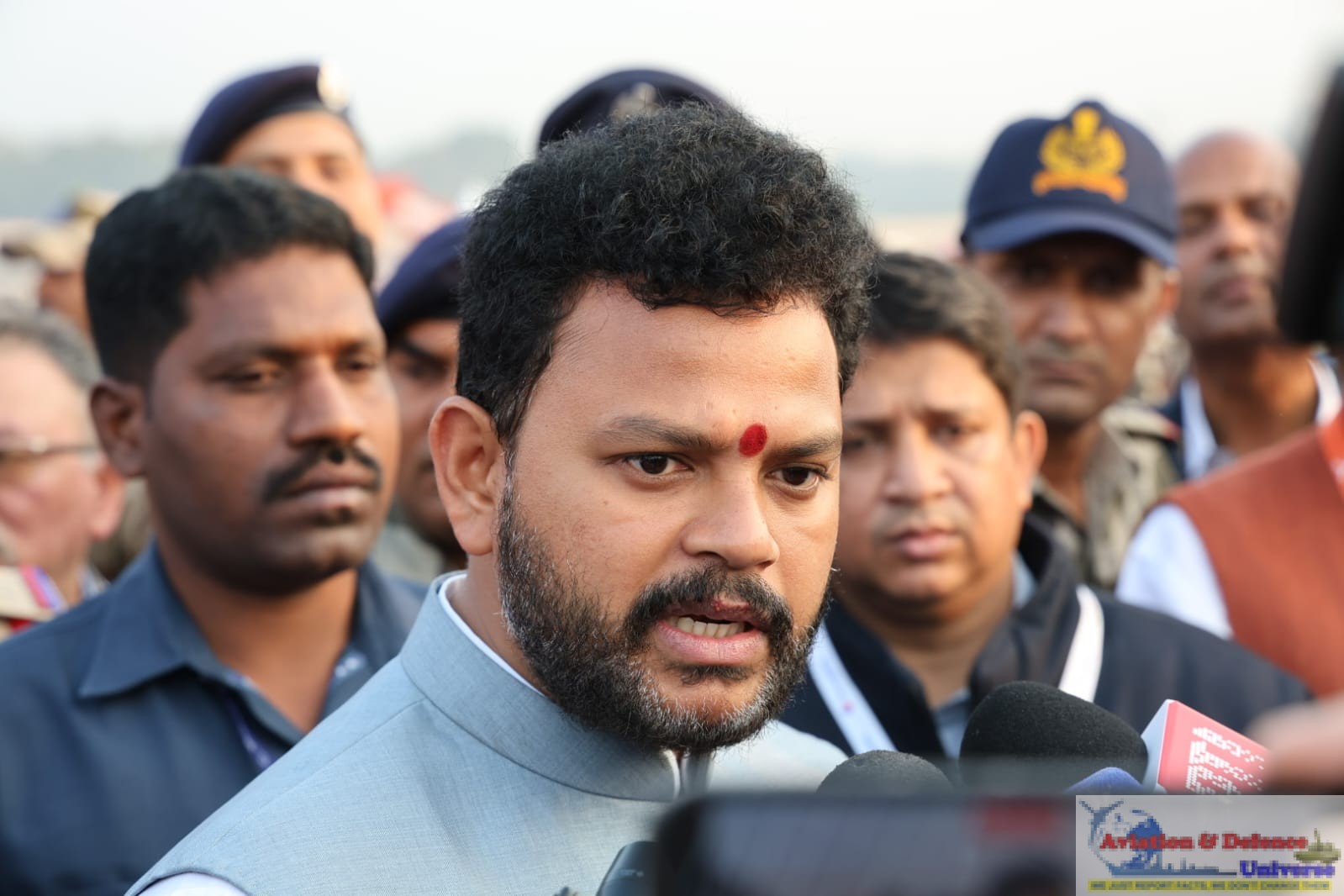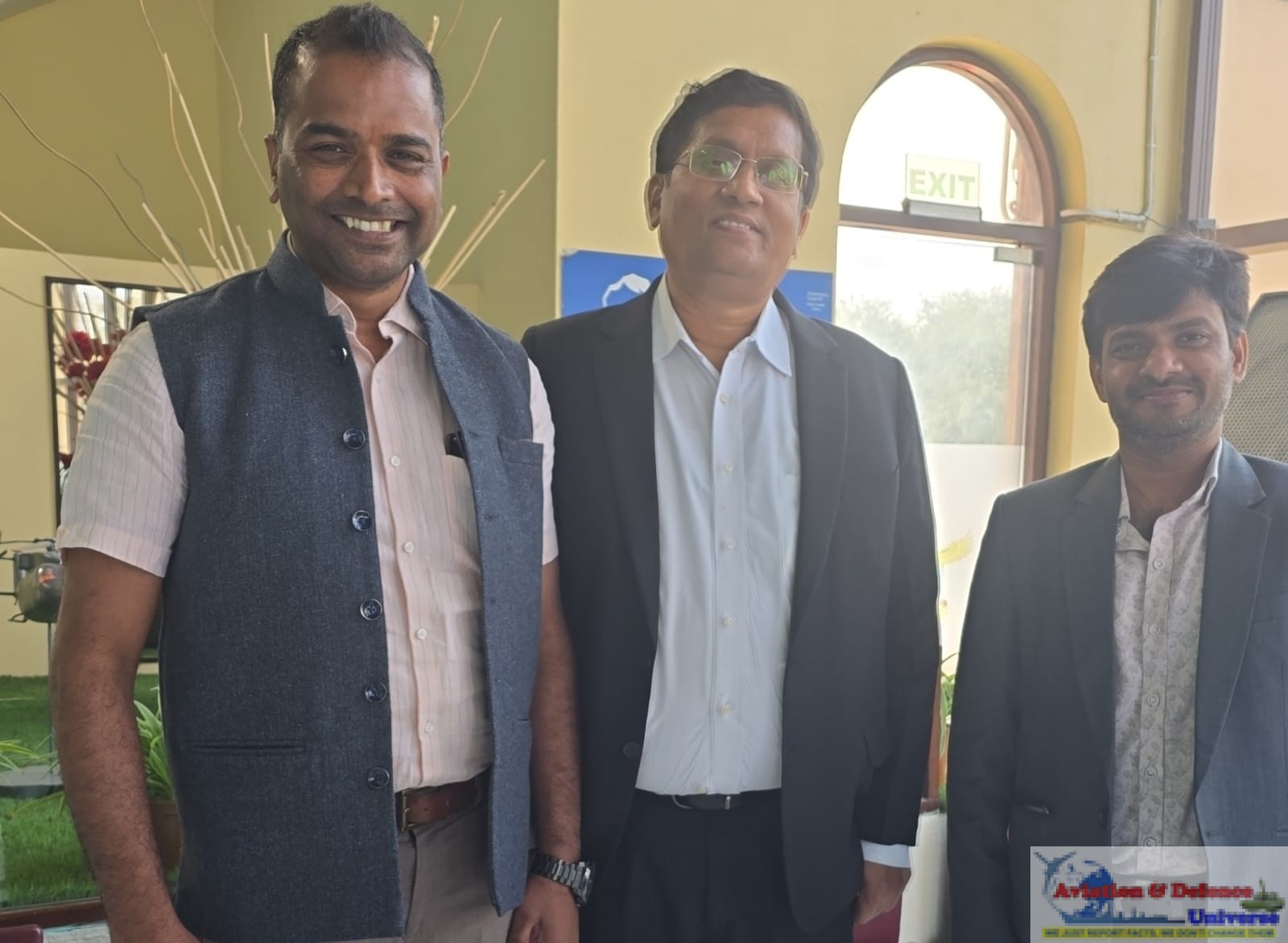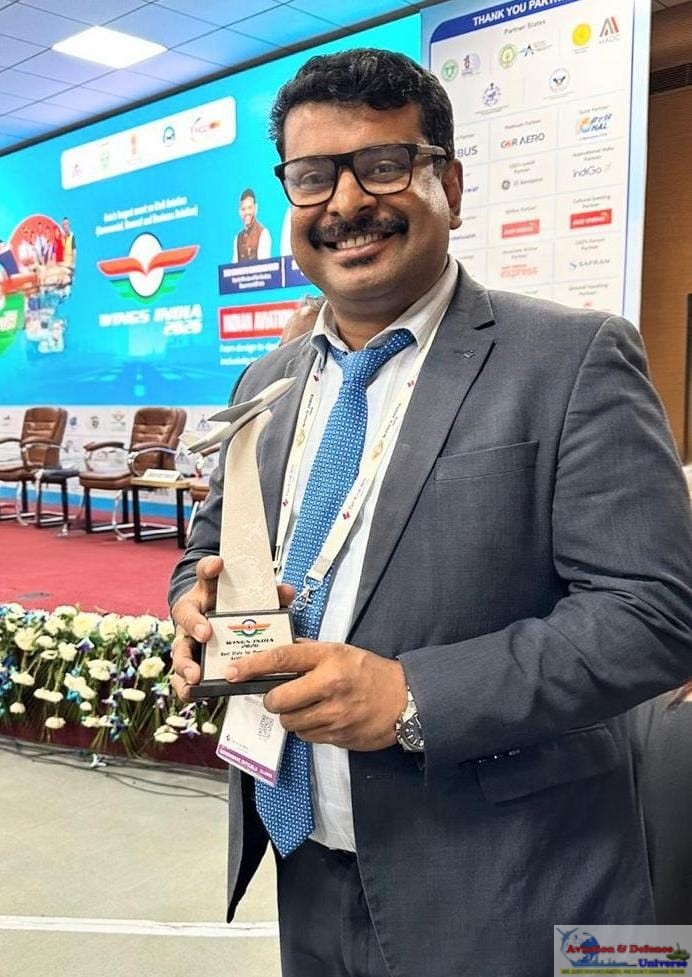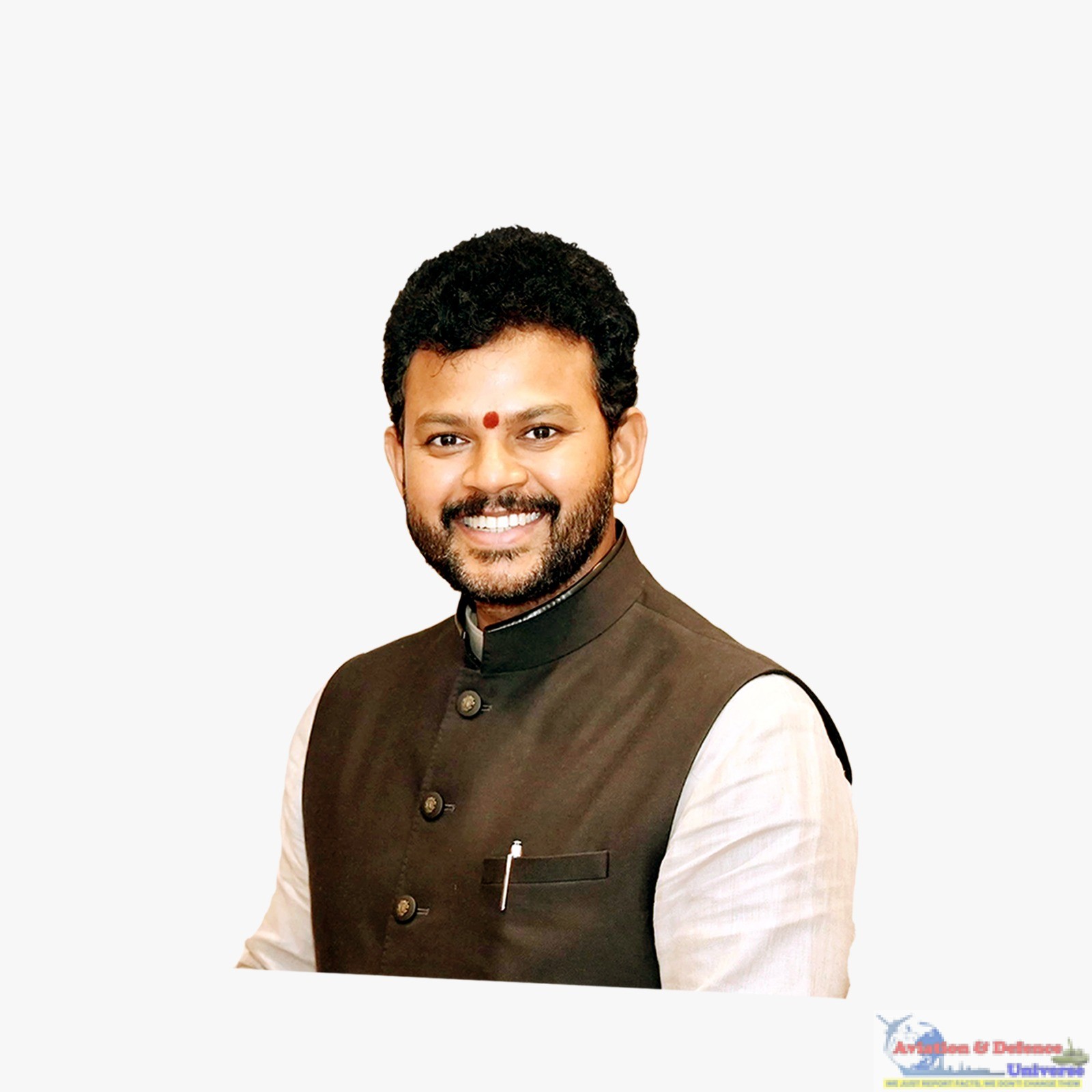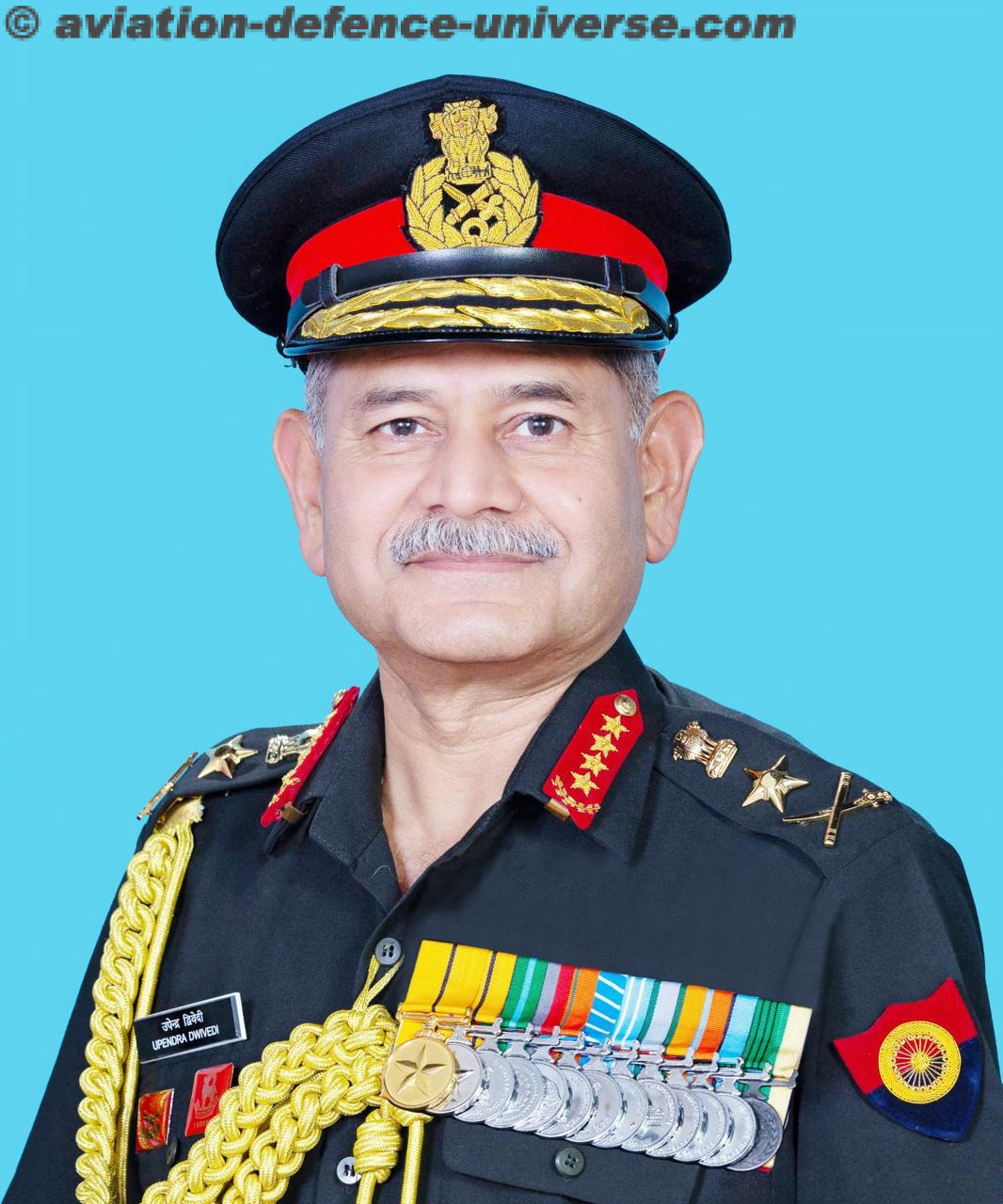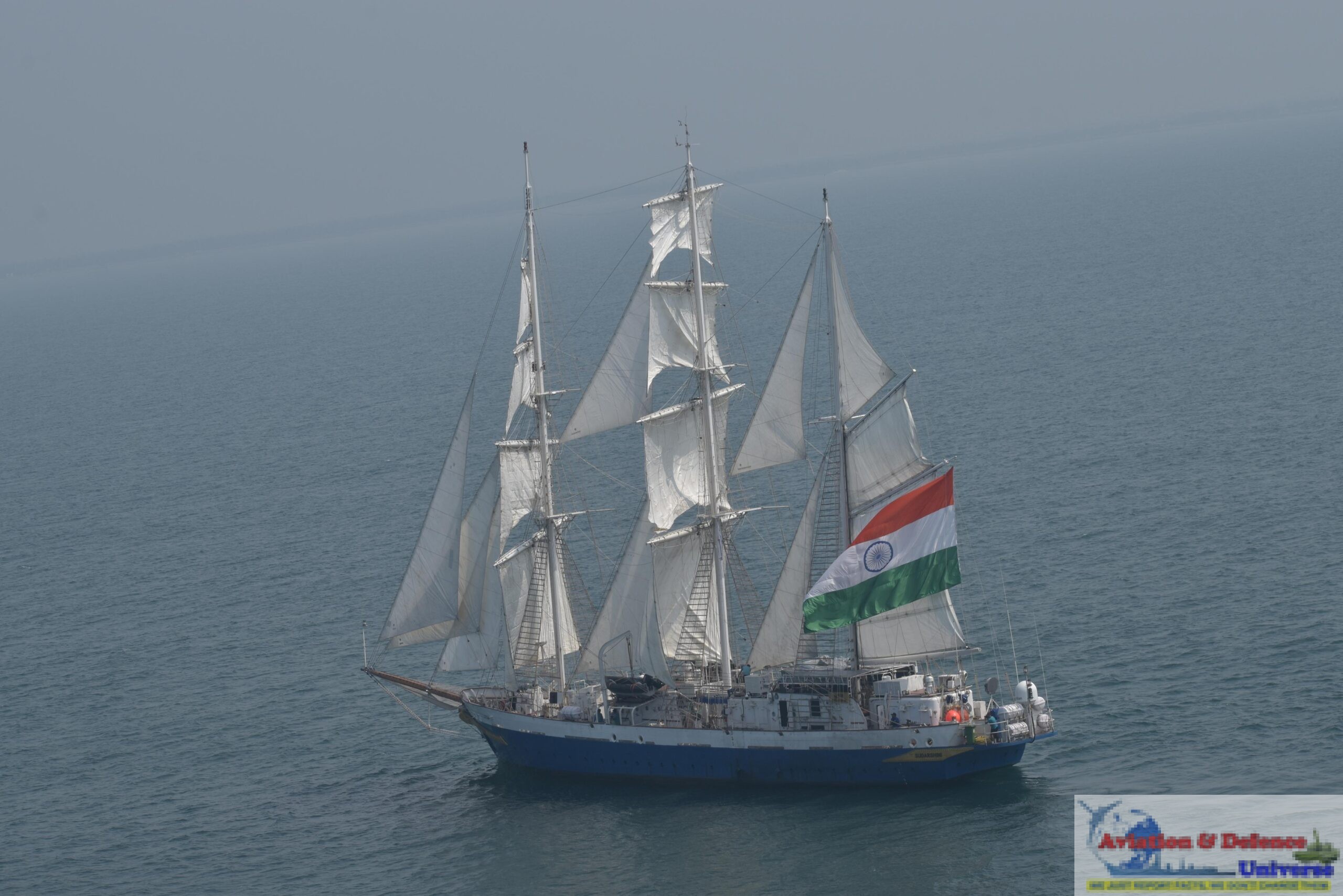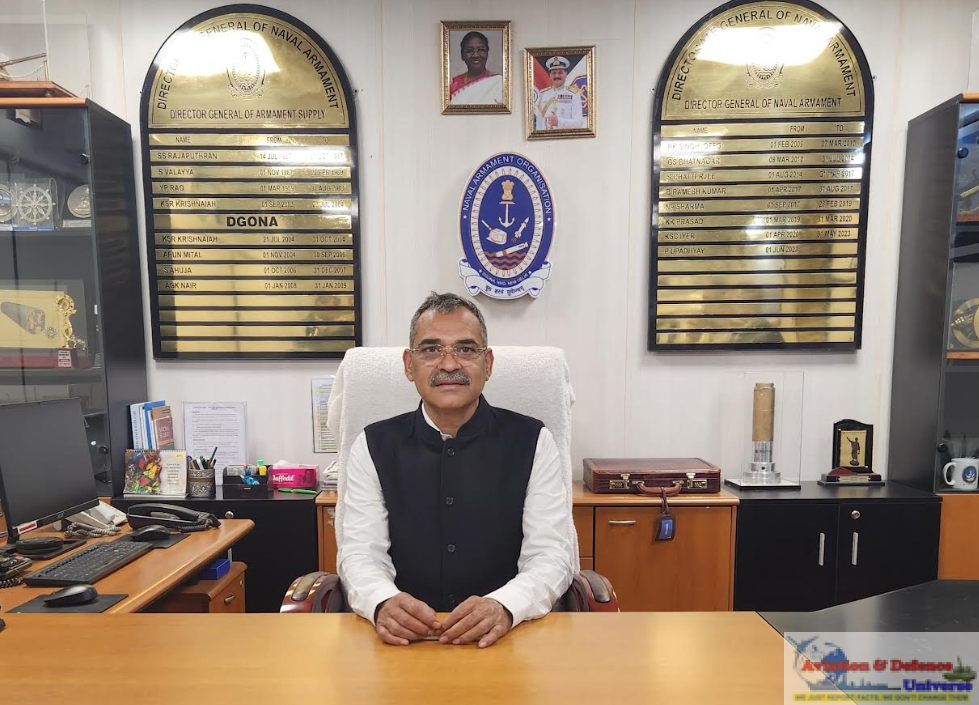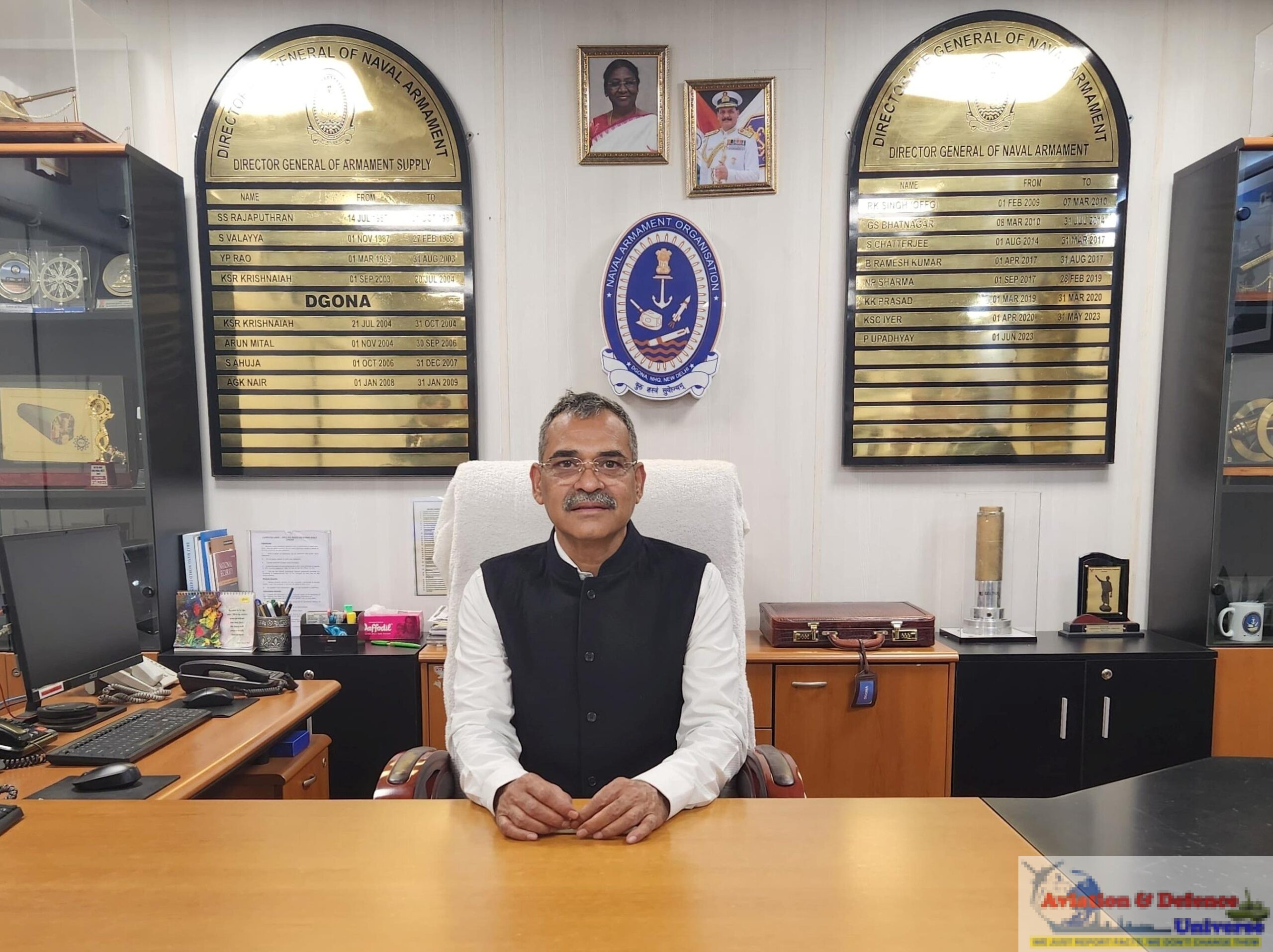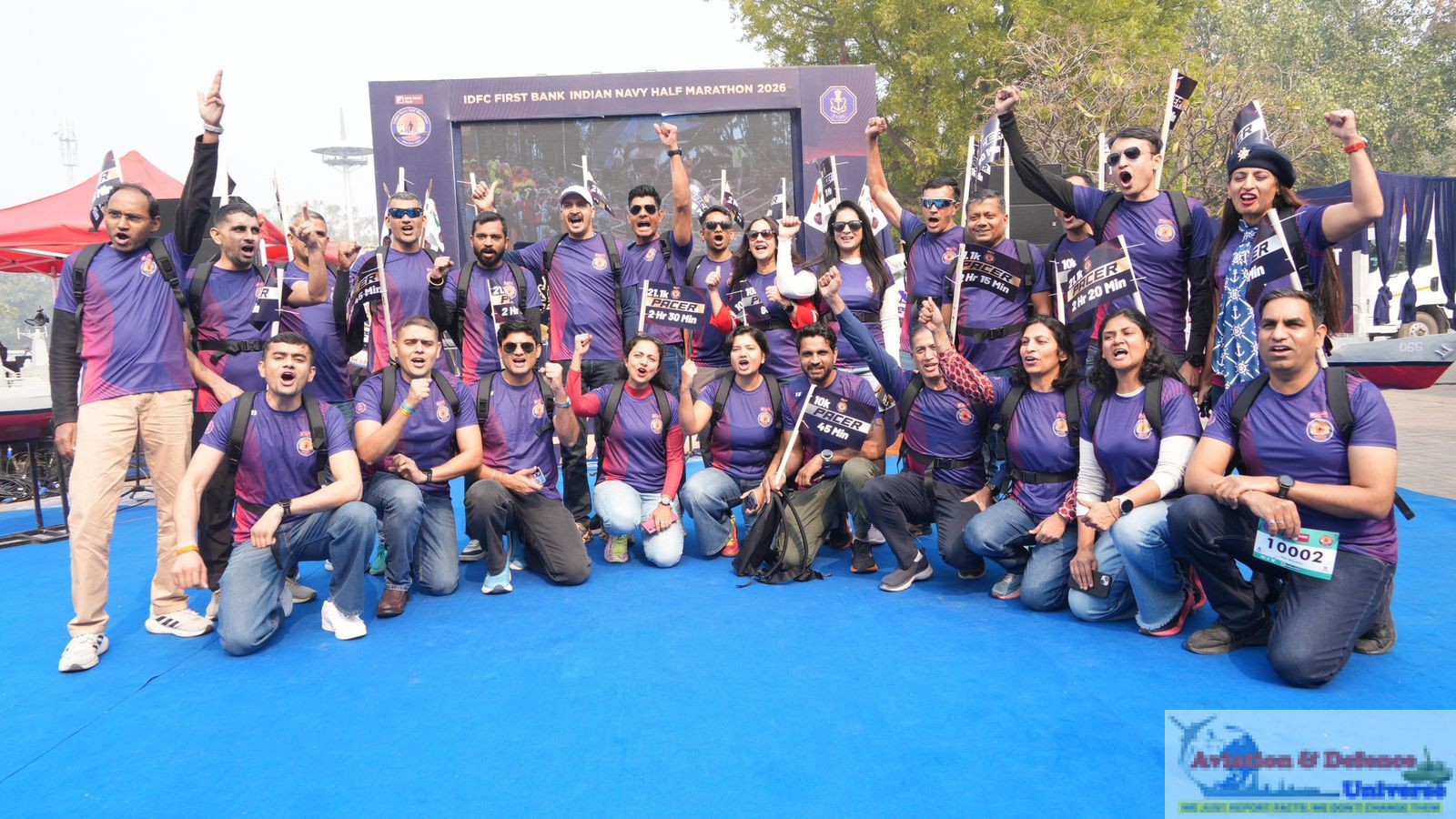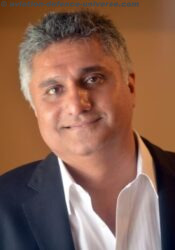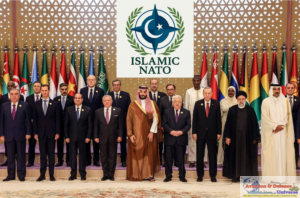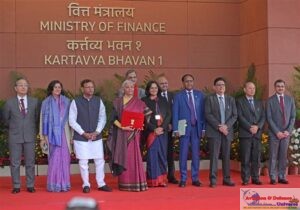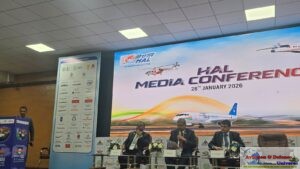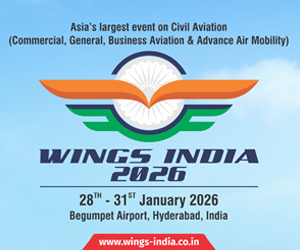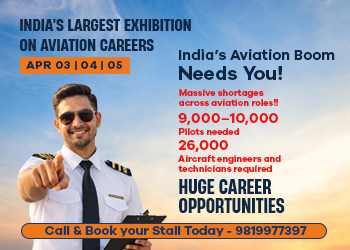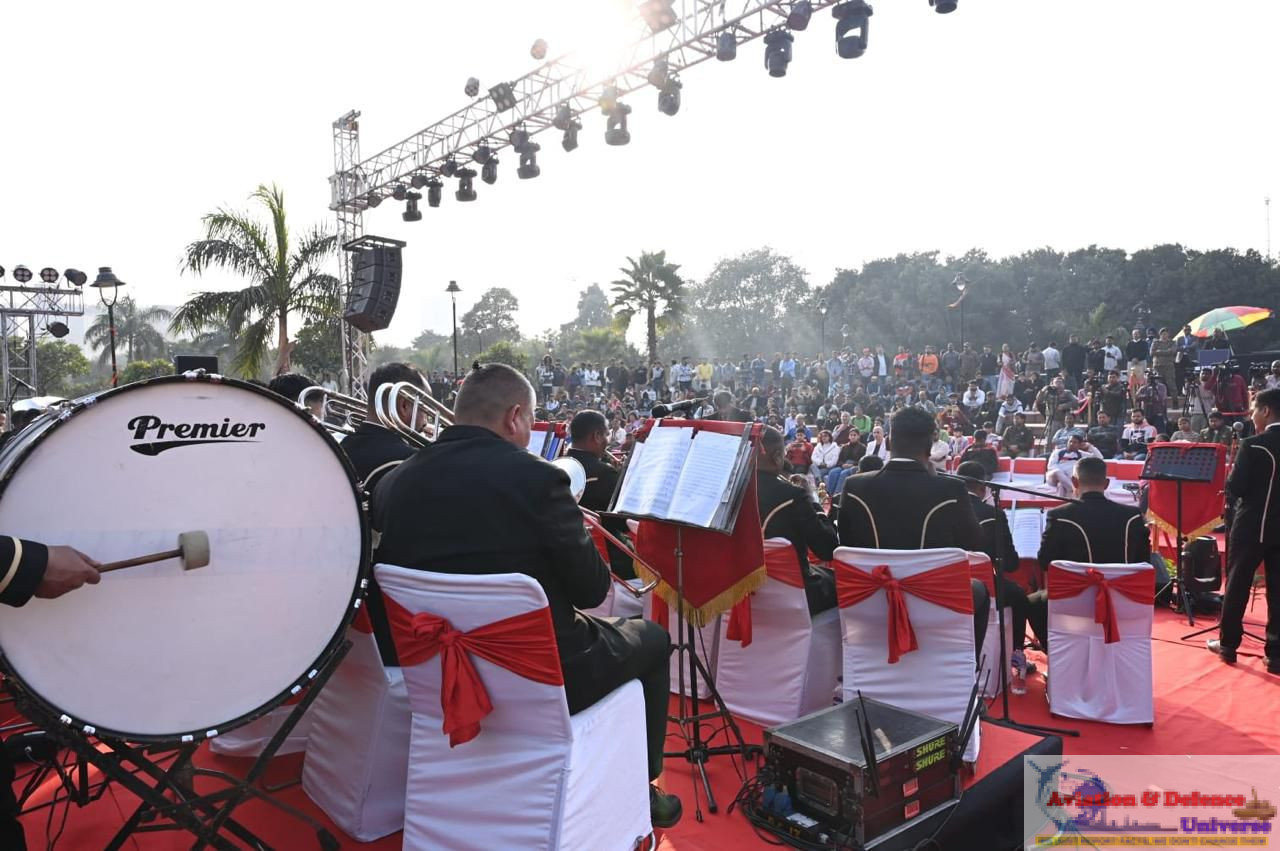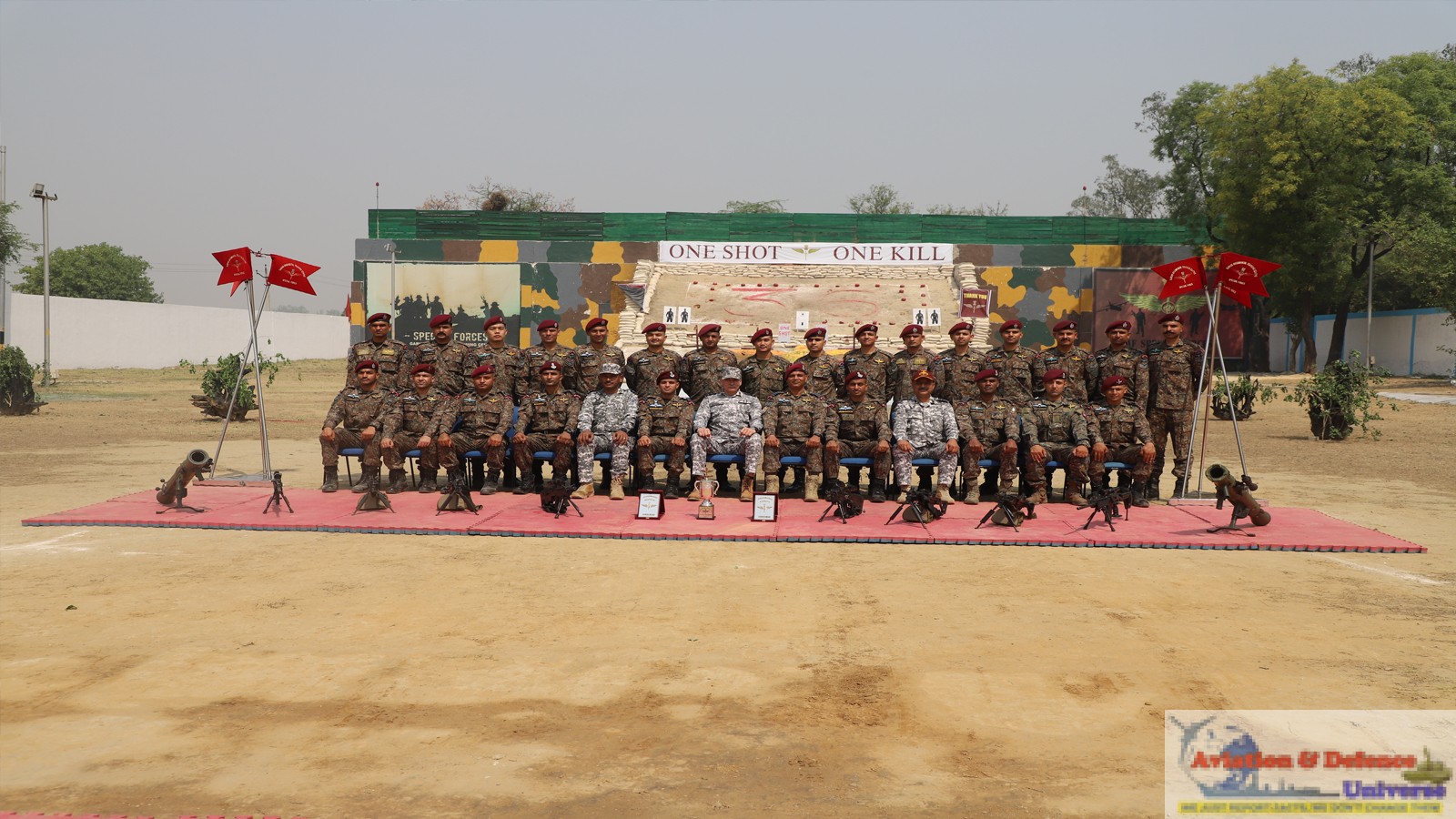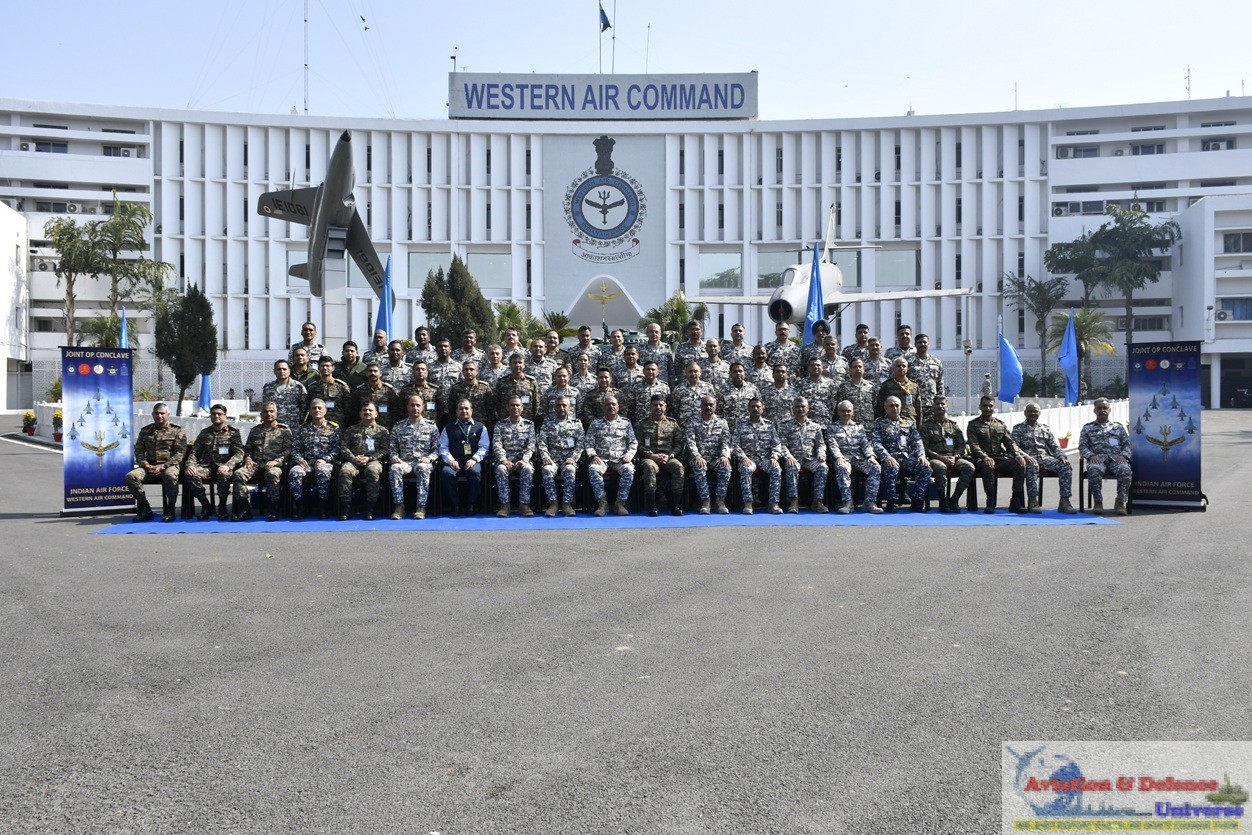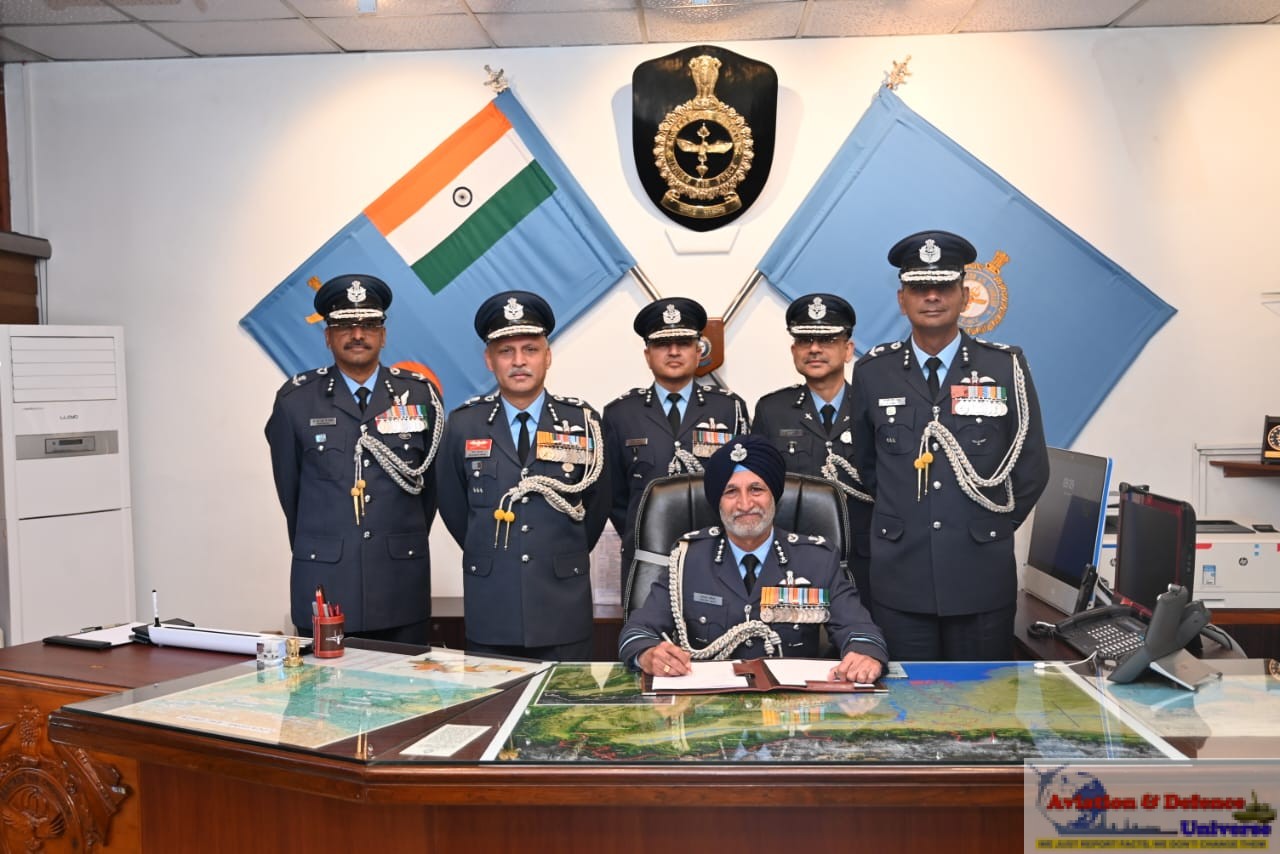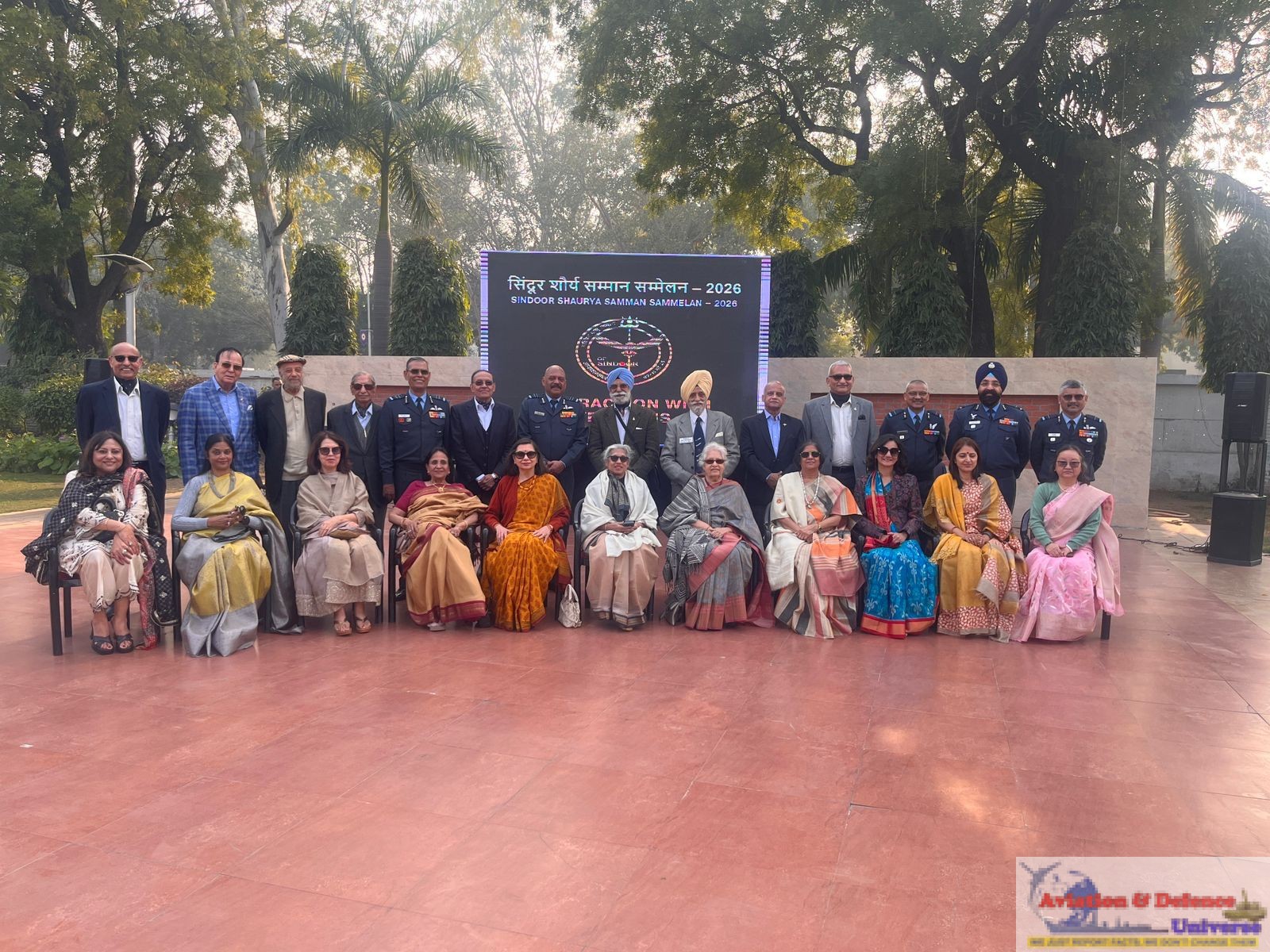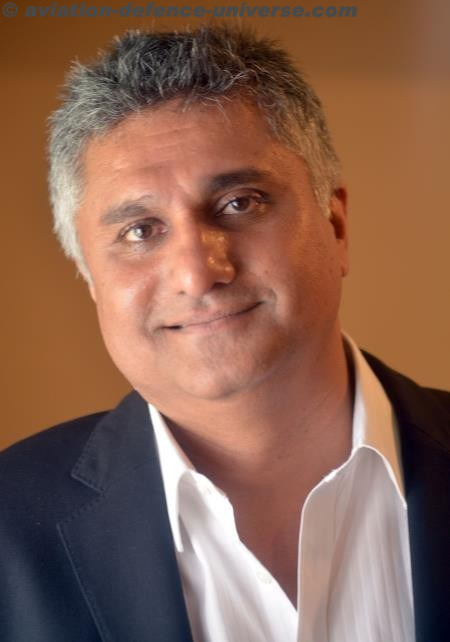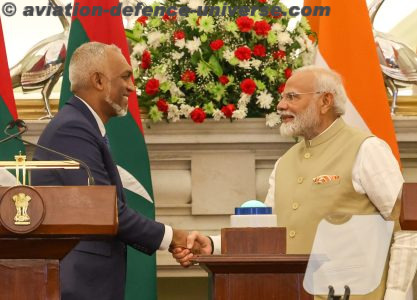
- From “India Out” to Economic & maritime security partnership
- Balancing the India-China act
By Jai Kumar Verma
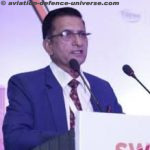
New Delhi. October 2024. President Mohamed Muizzu of the Maldives, who came to power in 2023 with strong anti-India rhetoric, recently visited India in a significant step to rebuild strained ties between the two nations. Muizzu, known for leading the ‘India Out’ campaign and calling for the removal of Indian military personnel from the Maldives, arrived in Delhi on a five-day visit on October 6, 2024. During his meetings with Indian Prime Minister Narendra Modi, the two leaders focused on enhancing economic, defense, and maritime cooperation, agreeing to transform their bilateral relations into a ‘Comprehensive Economic and Maritime Security Partnership.’ Despite his earlier stance, Muizzu now seeks Indian support as the Maldives grapples with economic challenges and seeks to balance its ties with both India and China.
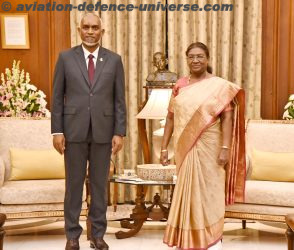
As both countries wanted to reinforce defence and security cooperation, India also agreed to refit and overhaul the Coast Guard vessel which was gifted by India a few years back. The two nations also agreed to start negotiations for a Free Trade Agreement and signed five agreements including currency swap agreement, law enforcement training, training of judicial officers, prevention of corruption, sports and youth affairs. Rupay card was launched in Maldives, a new runway was inaugurated at the Hanimaadhoo International Airport. India also handed over 700 social housing units in Maldives. Muizzu in a reverse turn, now appealed to Indian tourists to visit the island nation.
Muizzu after the talks also invited Modi to visit Maldives next year to celebrate 60th anniversary of diplomatic ties between both the countries and reaffirmed that the ties between the two nations are centuries old, as evident throughout their histories. Recently when the two leaders met, a vision document which contained different areas including political, defence, developmental cooperation, bilateral investments, establishment of educational institutions for higher studies, cooperation in health sector etc. was released. It was also decided that the implementation and progress of vision document would be monitored by a new High-Level Core Group, the members of which would be decided by both the countries. The members of Parliament and local bodies would also visit each other’s country. A Memorandum of Understanding was signed so that the cooperation between parliaments of both the countries is institutionalised.
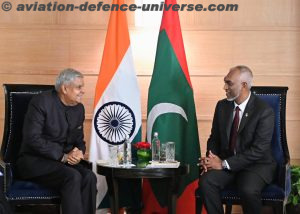
Both the countries decided to extend the developmental cooperation on diverse fields including housing, hospitals, educational institutions, airports, ports, road networks, sports complexes and establishments of water and sewerage plants. Both countries decided to extend cooperation on trade and economic cooperation which included to commence discussion on Bilateral Free Trade Agreement, settle bilateral trade transactions in local currencies, efforts would be made to improve ease of doing business and to develop and share digital and financial services. It was decided to provide affordable healthcare to the people of both the countries, there should be linkage between people of Maldives and Indian hospitals, efforts would be made to improve the basic health services in Maldives including emergency medical evacuations in the atoll.
Both countries also agreed for capacity building and training. It was decided that training for Maldivian civil servants and local government representatives would continue. It was also decided to launch programmes and train females so that Maldivian women participate in the development of country’s economy. Special emphasis was given to develop people to people contacts and for that higher educational institutions, skill development centres would be established in island.
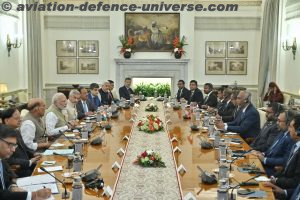
Muizzu welcomed Indian financial assistance and stated that he was thankful “for the generous assistance and cooperation extended to the Maldives over the years, including the recent budgetary support in the form of rollover of the T (treasury) bills. “I am thankful for the India government’s decision to provide support in the form of 30 billion Indian rupees, in addition to the 400 million US dollar bilateral currency swap agreement, which will be instrumental in addressing the foreign exchange issues we are facing right now. Our discussions today underscored a shared commitment to remain engaged on further measures that will bolster the Maldives’ economic resilience and stability.” He also mentioned that he looked forward to concluding the free trade agreement with India.
The archipelago is in trouble as Moody, the global agency has downgraded the Maldives credit rating and mentioned that there are chances of default as foreign reserves remain below the government’s external debt service. Maldives debt service in 2025 is expected to be around $600 million and in 2026 it should be more than $1 billion.
The joint statement mentioned that “India and Maldives share common challenges in the Indian Ocean Region which have multi-dimensional implications for the security and development of both the countries. As natural partners, they resolve to work together in advancing the maritime and security cooperation for the benefit of peoples of both India and Maldives as well as for the larger Indian Ocean Region.” Both countries agreed to establish Maldives consulates in Bangalore and Indian consulate in Addu city.
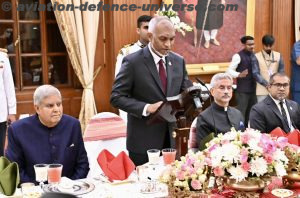
Election speeches by politicians do not mean that the policy decisions after winning over the elections remain the same, is evident from this visit. Hence India out campaign or anti-India speeches do not mean that Muizzu wanted to alienate India. Muizzu and his ministers constantly requested Indian tourists to visit Maldives, and it is the reason that he came to India on a five-day visit and also visited Agra, Bangalore and Mumbai besides Delhi. According to a Maldivian newspaper report number of Indian tourists visiting Maldives was dropped by 50,000 and it was a loss of $150 million. According to a report by 2027, India’s outbound travel market would become fifth largest in the world and Indians would be spending $89 billion on it. Hence Maldives wants that Indian tourists should continue visiting the island nation. There is a 40% decline in Chinese travel hence more and more countries are wooing Indian tourists. Bottom of Form
Indian strategic planners were worried about the strengthening Chinese presence in strategically located Maldives as it would impact the regional security. The tourist dependent island nation’s estimated debt is 110% of gross domestic product. The possibility that it may fail to make payments is not ruled out and if it defaults it would be the first country to default of an Islamic bond. In August Maldives foreign reserve was $437 million which was sufficient to cover imports of one and a half months only. According to reports International Monetary Fund (IMF) also cautioned the island nation about potential debt crisis.
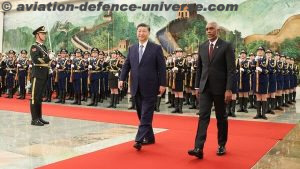
China and India are main external lenders to Maldives, which owes $530 million to China and $400 million to India. Muizzu tried not to take assistance from India by taking help from China but ultimately that policy failed, and he had to come to India for financial assistance. Now Muizzu is trying to re-balance its ties with India and China. Muizzu took several decisions with the intention to mitigate India’s influence and develop closer ties with China. In February his government allowed Chinese research ship in Maldives though India showed its displeasure as China watchers claimed that the Chinese ship was collecting data which can be later used for submarine operations.
Recently Maldivian government has given transshipment port project at Gaadhoo Island, in Laamu (L.) Atoll to India. Previously the project was handed over to a Chinese company which was blacklisted. Muizzu’s five-day trip was an attempt to repair its ties with India which is not only the third largest economy in Asia but also fastest growing economy in the region.
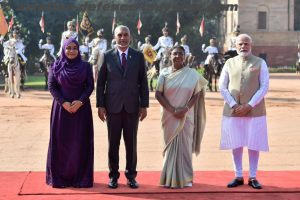
However Indian policy planners must keep in mind that his policies were anti-India and pro-China he wanted not to take assistance from India, but his policy failed, and the islands’ economy faltered and when he found that the country is on the brink of default, he came to India and Delhi rescued the archipelago. Muizzu won election on anti-India plank hence Delhi should not expect much constancy from him. He adopts anti-India policies and later blames them to the will of the people. His slogan that it is a ‘Maldives First’ policy is a good diplomatic move. All countries work for the interest of their country but if you want assistance from other country you have to safeguard their interests too.
President Muizzu’s visit to India marked a crucial attempt to restore bilateral relations, which had been strained due to his anti-India campaign and pro-China stance during the 2023 election. Despite his earlier opposition, Muizzu recognized the importance of India’s financial and developmental assistance as the Maldives faces a looming economic crisis. India’s willingness to support the Maldives with strategic investments and defense cooperation reflects its broader goal of maintaining regional stability in the Indian Ocean. While Muizzu’s past rhetoric raises concerns about his future policies, the visit signals a recalibration of ties between the two countries, underscoring the need for pragmatic diplomacy in a region of growing geopolitical competition.
(Jai Kumar Verma is a Delhi-based strategic analyst and member of United Services Institute of India and The Manohar Parrikar Institute for Defence Studies and Analyses,. The views in the article are solely the author’s. He can be contacted at editor.adu@gmail.com








